According to the Department of Radiation and Nuclear Safety, Ministry of Science and Technology, Japan's discharge of millions of tons of water containing radioactive substances will not affect Vietnam's waters.
New Decree on the functions, tasks and organization of the Ministry of Science and TechnologyWhat did the National Assembly deputies say about the questioning session of the Minister of Science and Technology?3 Ministries "intervene" so that Bac Giang lychees will soon be irradiated in the North
On the afternoon of July 19, 2023, in Hanoi, the Ministry of Science and Technology held a regular press conference for the second quarter of 2023 chaired by Deputy Minister of Science and Technology Nguyen Hoang Giang. Attending the press conference were representatives of leaders of a number of units under the Ministry and representatives of nearly 40 news agencies and newspapers.
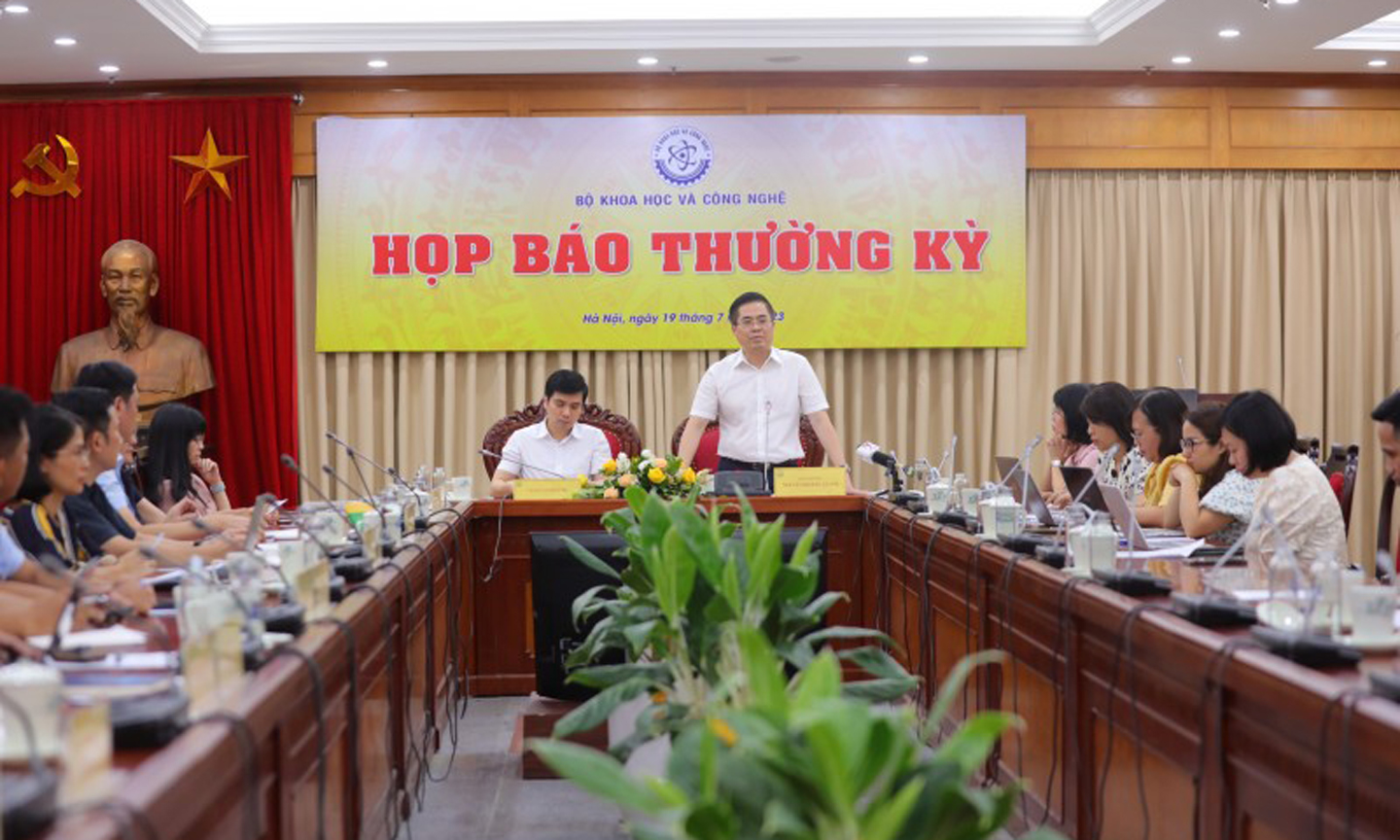 |
Deputy Minister of Science and Technology Nguyen Hoang Giang chaired the Press Conference |
Answering a reporter's question about whether Japan's discharge of millions of tons of radioactive water into the sea will have any impact on Vietnam's sea areas, Mr. Pham Van Toan, Deputy Director of the Department of Radiation and Nuclear Safety (Ministry of Science and Technology) said that on March 11, 2011, an accident occurred at the Fukushima Daichi nuclear power plant in Japan due to the impact of an earthquake and tsunami, also known as a double disaster. This incident caused a large amount of radioactive wastewater to be released.
To handle this waste, since April 2021, Japan's discharge plan has been assessed by the International Atomic Energy Agency (IAEA) and internationally recognized leading nuclear safety experts from 11 countries (including Vietnamese experts) based on IAEA safety standards.
“On July 4, 2023, after more than 2 years of work, the IAEA officially presented the Japanese Government with an assessment report, concluding that “the Japanese Government's plan to discharge treated wastewater into the sea is consistent with the IAEA Safety Standards” - Mr. Pham Van Toan informed.
Specifically, according to the assessment results of the IAEA, the concentration of radioactive nuclei in water at a distance of 30 km from the planned discharge location has an activity range of 10-6 to 10-10 Bq/L (Becquerel/liter), which is a very small ratio compared to the concentration of natural radioactivity in seawater (ranging from 10-1 to 1 Bq/L) and has almost no radioactive impact on the marine environment.
The assessment results also show that the radiation dose a Japanese citizen must receive due to discharge activities is only from 2x10-7 (0.000002) mSv/year (millisilver) to 3x10-6 (0.00003) mSv/year (very small compared to the dose limit for the public due to the impact of radiation work according to current regulations of 1 mSv/year in Circular No. 19/2012/TT-BKHCN dated November 8, 2012 of the Minister of Science and Technology regulating the control and assurance of radiation safety in occupational irradiation and public irradiation or in the Appendix of the IAEA's 2018 GSG-8 Standard on Radiation Protection for the Public and the Environment).
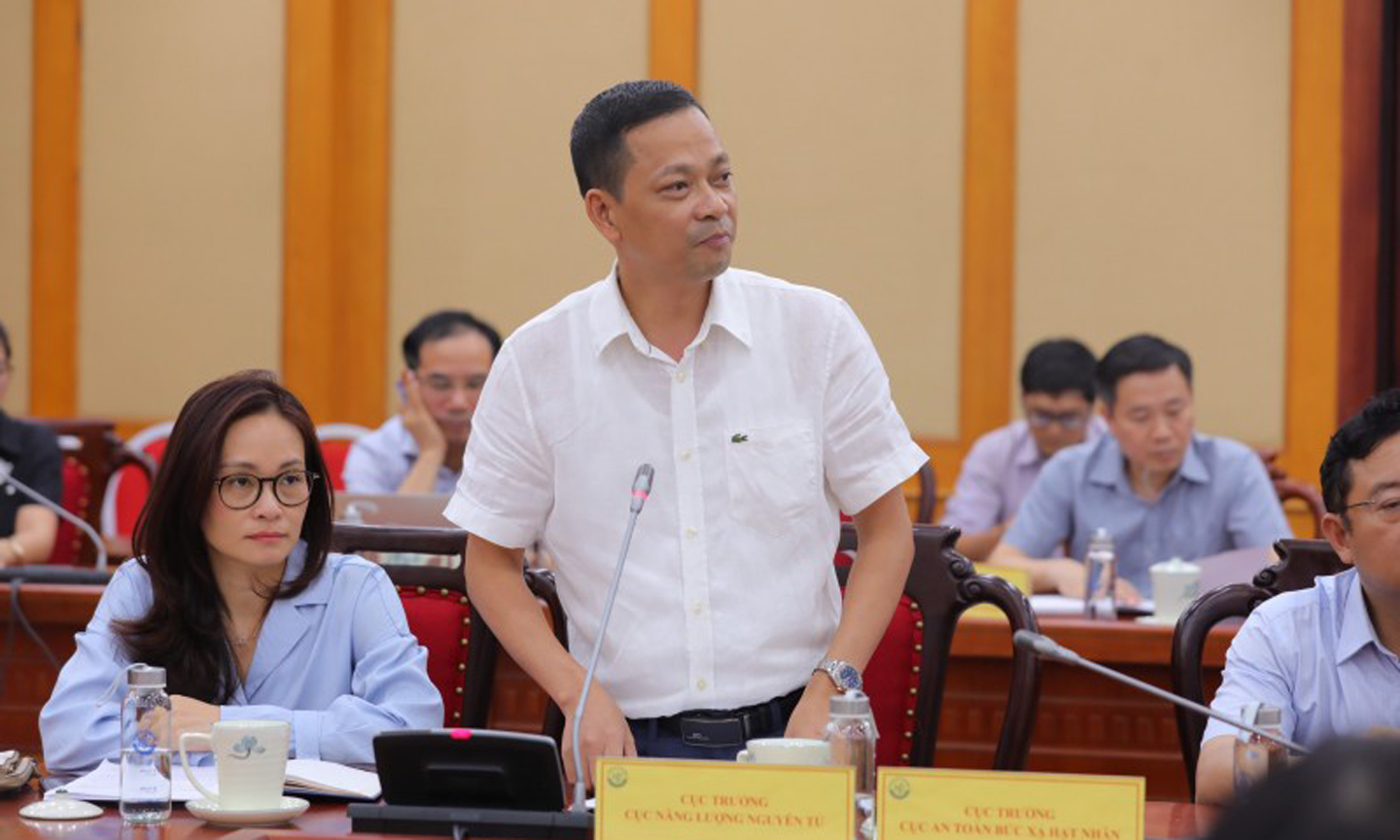 |
Mr. Pham Van Toan, Deputy Director of the Department of Radiation and Nuclear Safety, spoke at the Press Conference. |
In fact, the wastewater planned to be discharged into the sea has been treated to remove almost all radioactive substances, except for radioactive tritium (a radioactive substance of Hydrogen). In addition, according to the process developed by Japan for assessment, before discharging into the sea, Japan will dilute the water treated by the advanced liquid treatment system with seawater to bring the radioactive concentration of Tritium in the wastewater below the prescribed standard.
“Therefore, it can be seen that the radioactive impact of the discharge from the Fukushima nuclear power plant is insignificant on the people and environment of Japan. Therefore, it can be seen that the discharge will not have an impact on Vietnam's seas,” Mr. Pham Van Toan emphasized.
Mr. Pham Van Toan also shared Vietnam's viewpoint on the issue of Japan discharging radioactive wastewater from the Fukushima Daichi nuclear accident. Specifically, regarding the issue of Japan discharging treated radioactive wastewater into the sea, Vietnam (through the Ministry of Foreign Affairs) always affirms that the responsibility for ensuring nuclear safety and security belongs to the country using atomic energy, and at the same time proposes close and transparent international cooperation in sharing information, and responsible behavior in accordance with international law in the event of an incident or accident.
Vietnam also promotes the maintenance of peace and stability in the region, the protection of the marine environment and marine resources, in accordance with the provisions of international law, the 1982 United Nations Convention on the Law of the Sea and relevant regulations of the International Atomic Energy Agency (IAEA).
According to Industry and Trade Electronic Newspaper
.
Source link



![[Photo] Ho Chi Minh City speeds up sidewalk repair work before April 30 holiday](https://vstatic.vietnam.vn/vietnam/resource/IMAGE/2025/4/3/17f78833a36f4ba5a9bae215703da710)
![[Photo] A brief moment of rest for the rescue force of the Vietnam People's Army](https://vstatic.vietnam.vn/vietnam/resource/IMAGE/2025/4/3/a2c91fa05dc04293a4b64cfd27ed4dbe)
![[Photo] Prime Minister Pham Minh Chinh chairs the first meeting of the Steering Committee on Regional and International Financial Centers](https://vstatic.vietnam.vn/vietnam/resource/IMAGE/2025/4/3/47dc687989d4479d95a1dce4466edd32)
![[Photo] Prime Minister Pham Minh Chinh chairs meeting after US announces reciprocal tariffs](https://vstatic.vietnam.vn/vietnam/resource/IMAGE/2025/4/3/ee90a2786c0a45d7868de039cef4a712)
![[Photo] General Secretary To Lam receives Japanese Ambassador to Vietnam Ito Naoki](https://vstatic.vietnam.vn/vietnam/resource/IMAGE/2025/4/3/3a5d233bc09d4928ac9bfed97674be98)
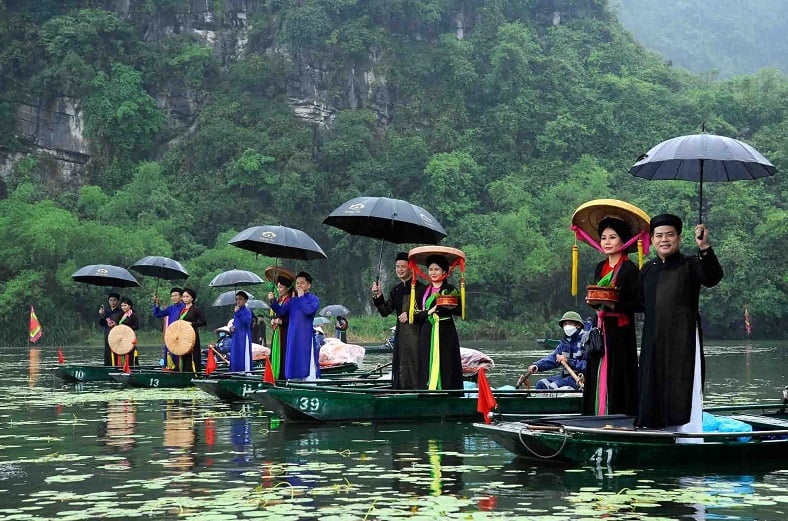

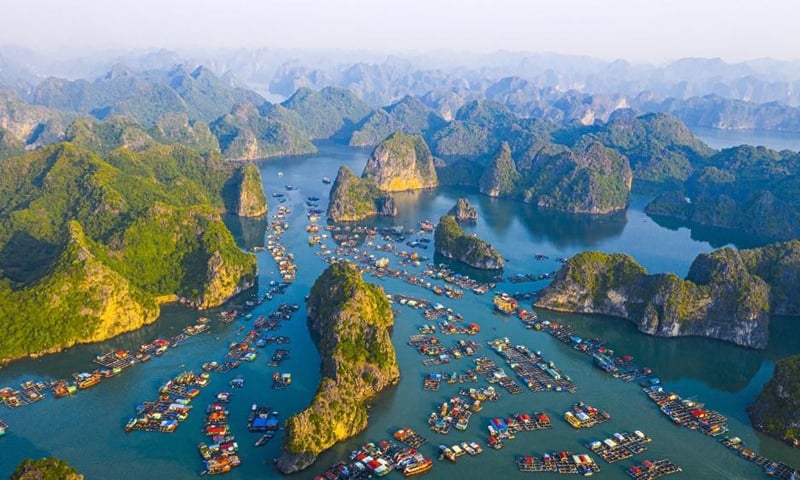
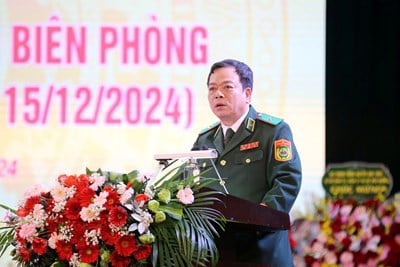
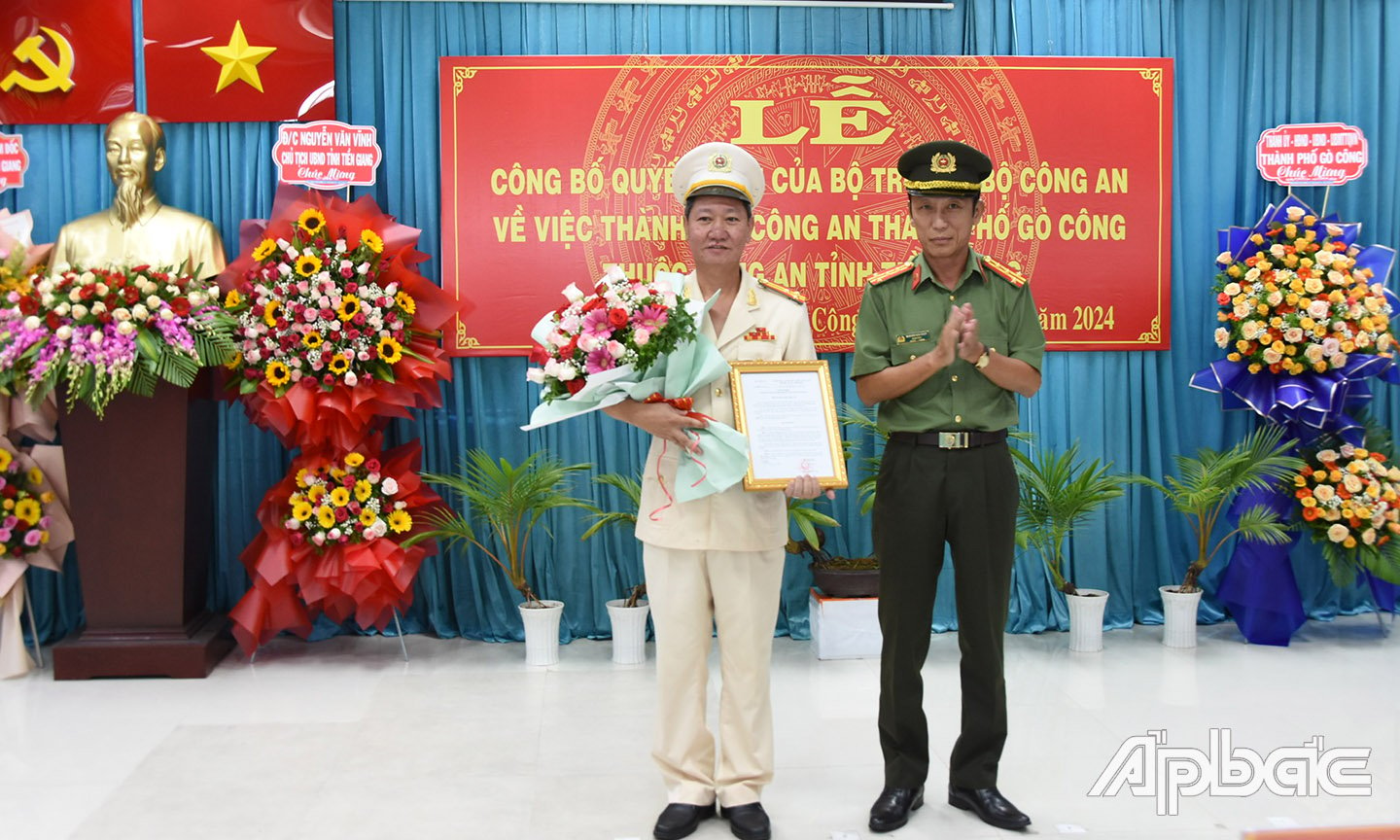
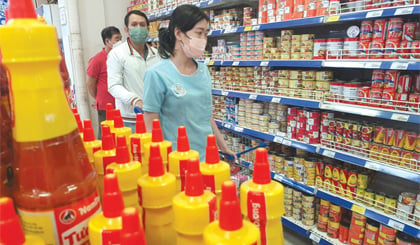
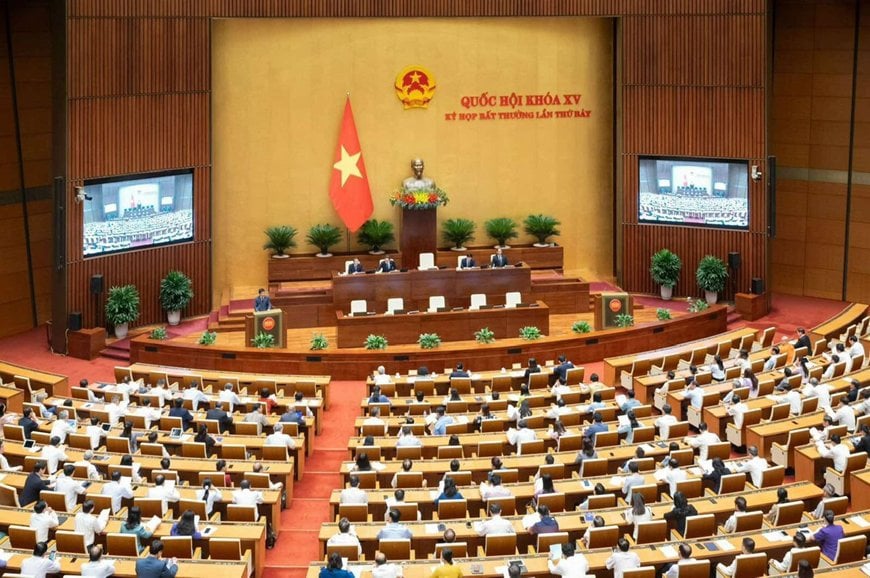
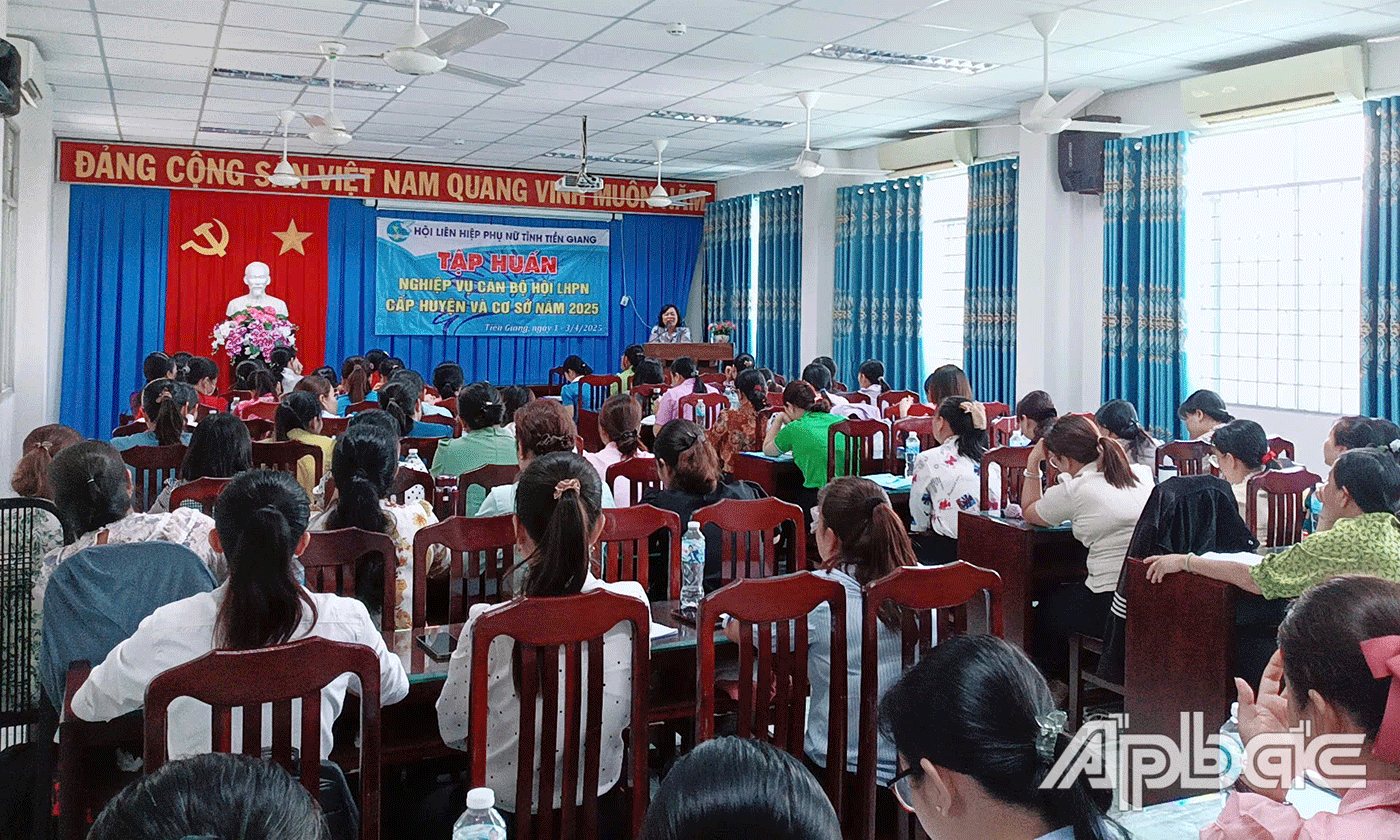
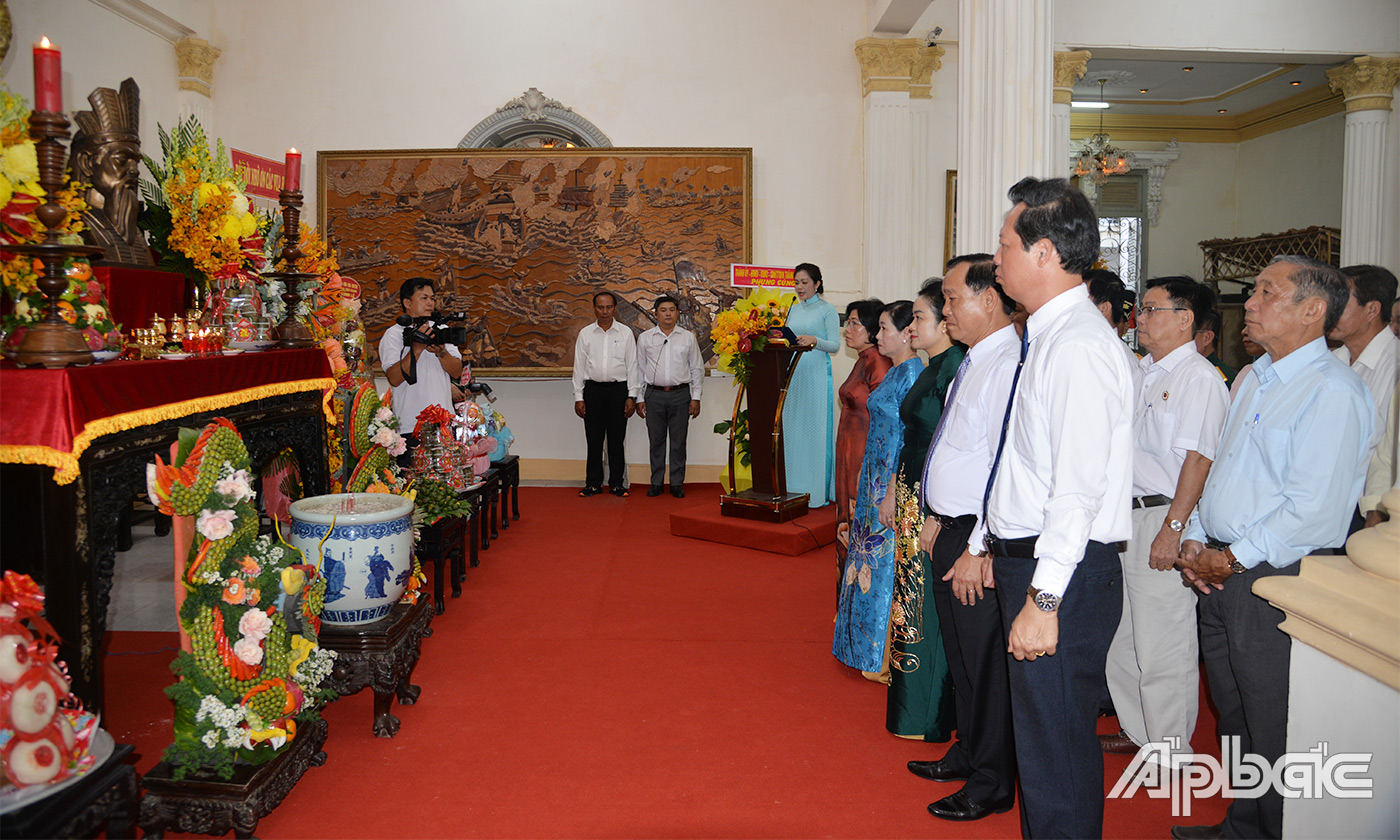
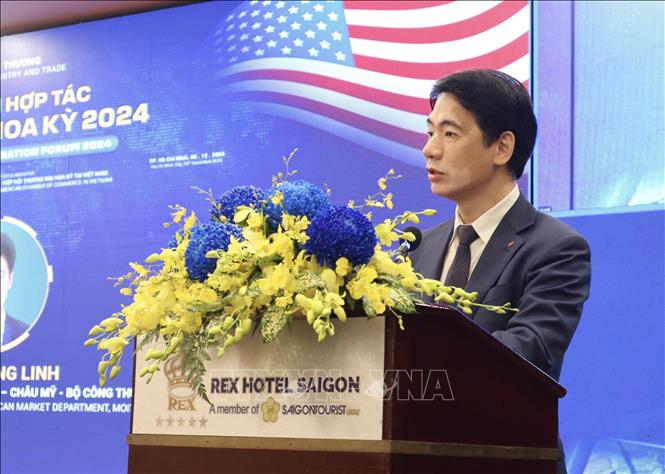

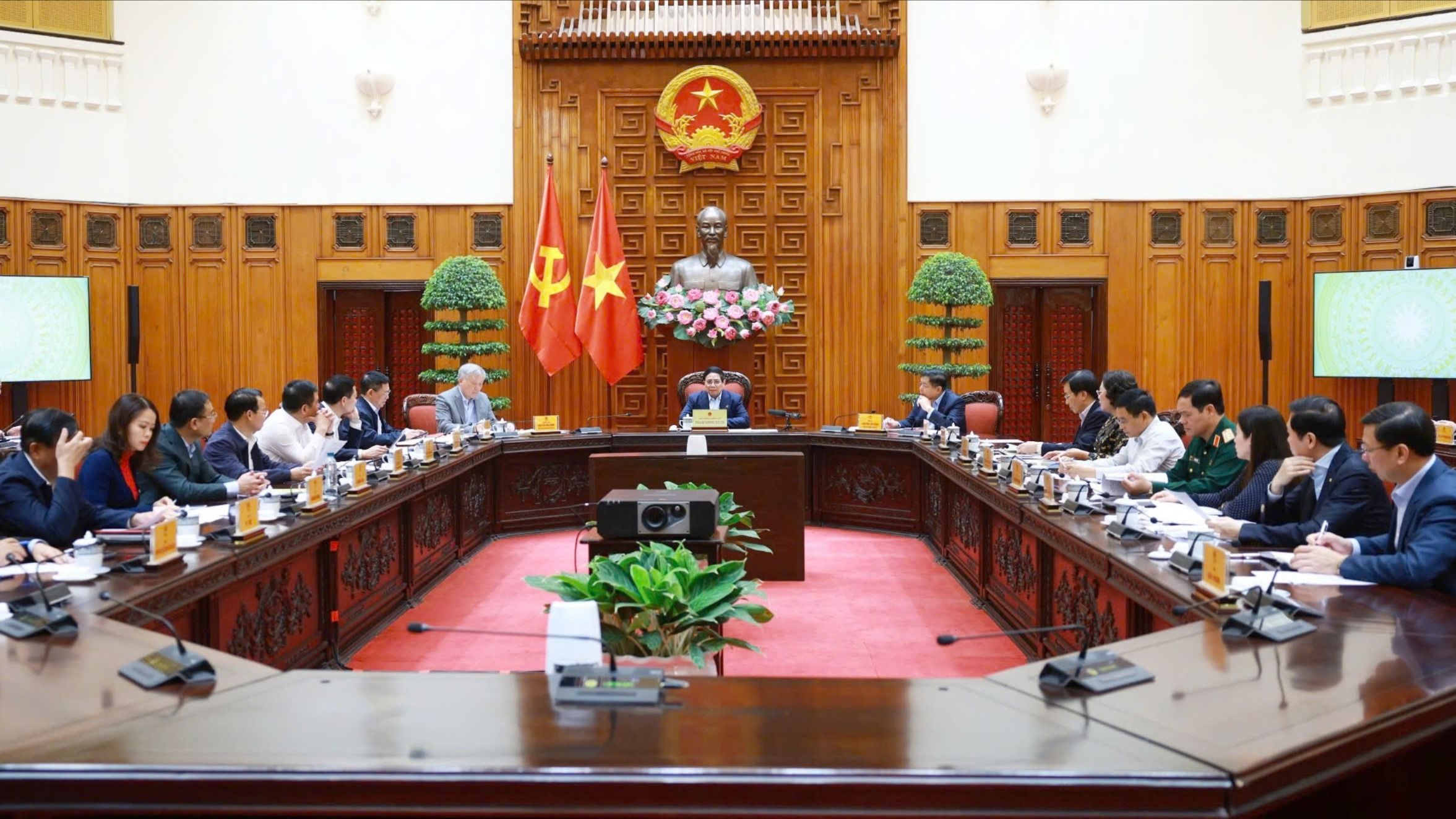
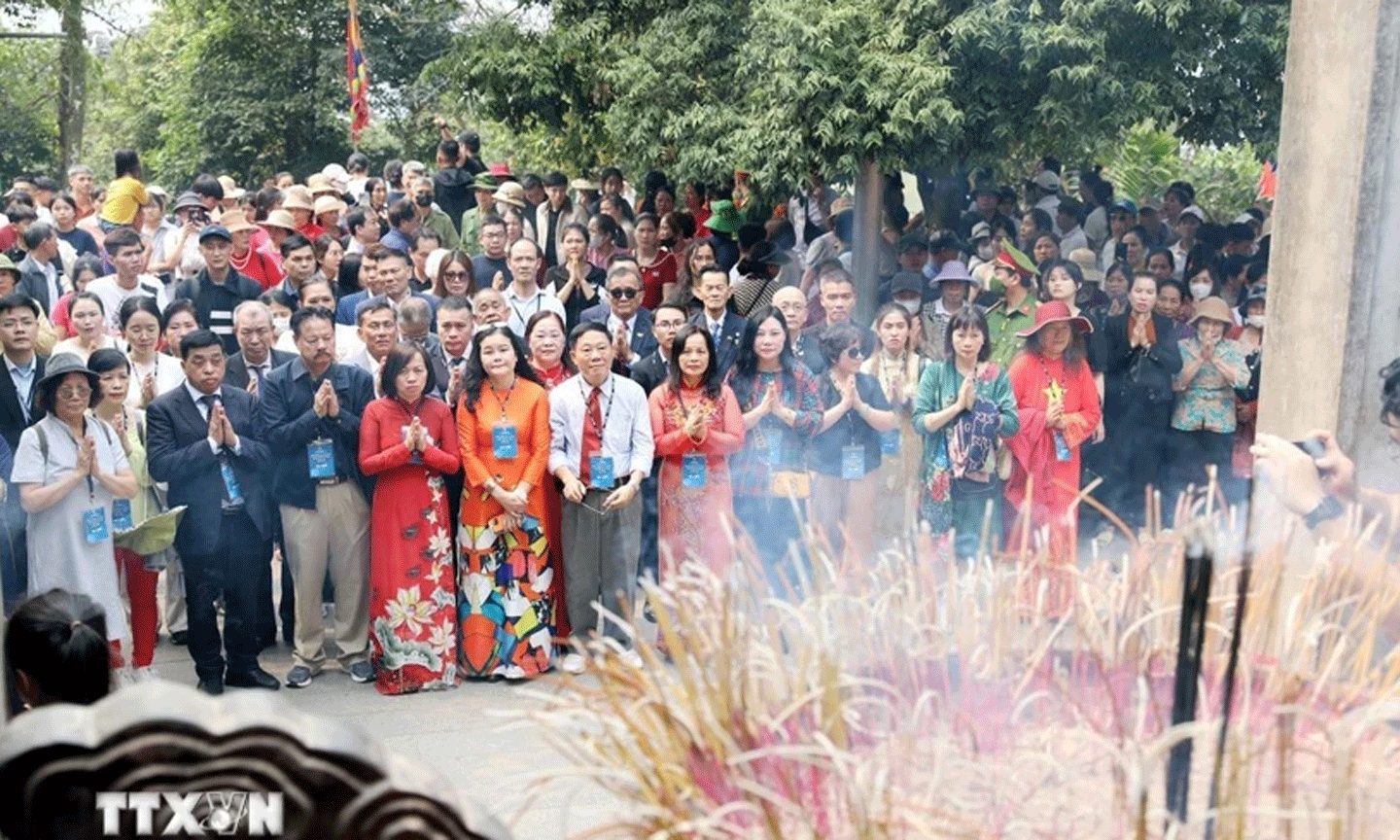




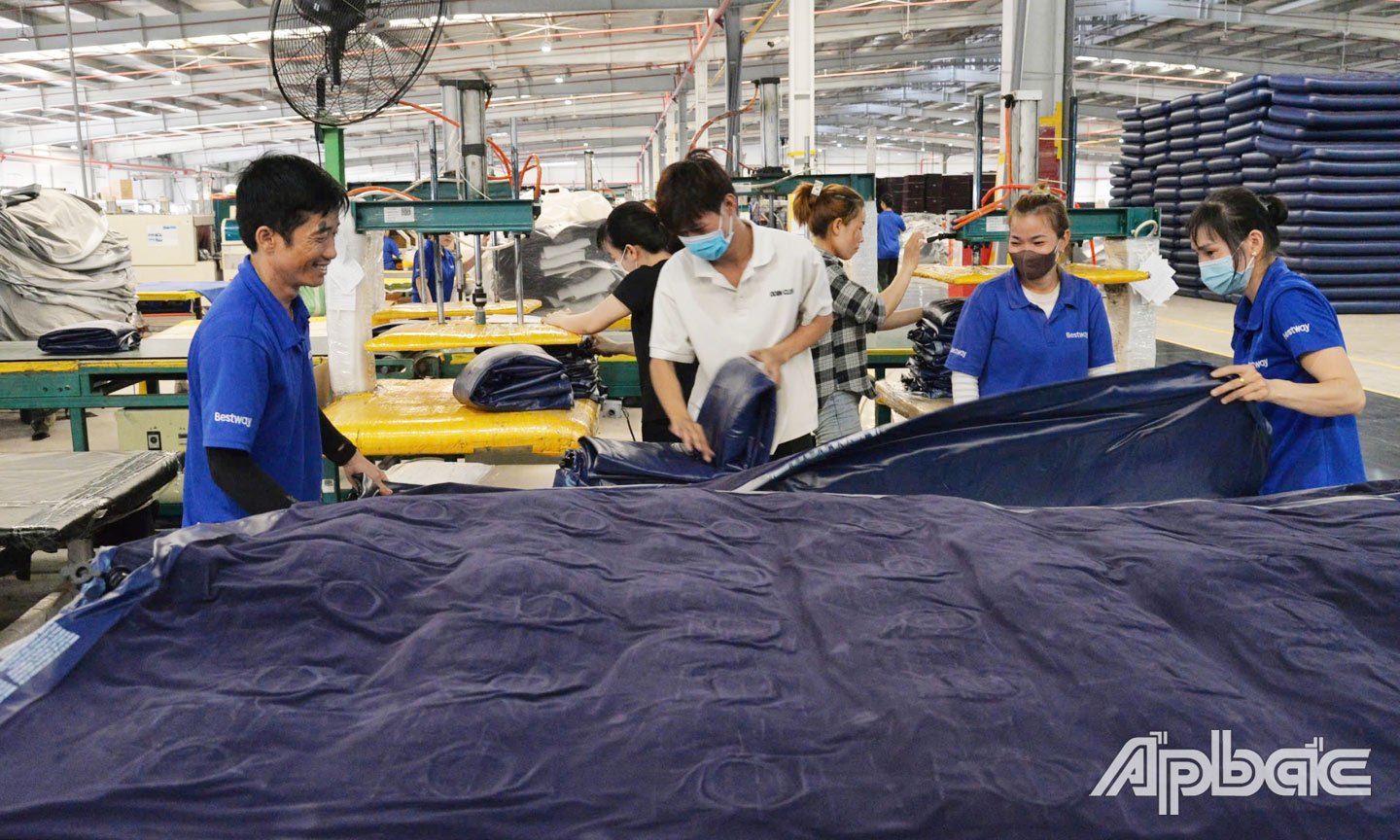
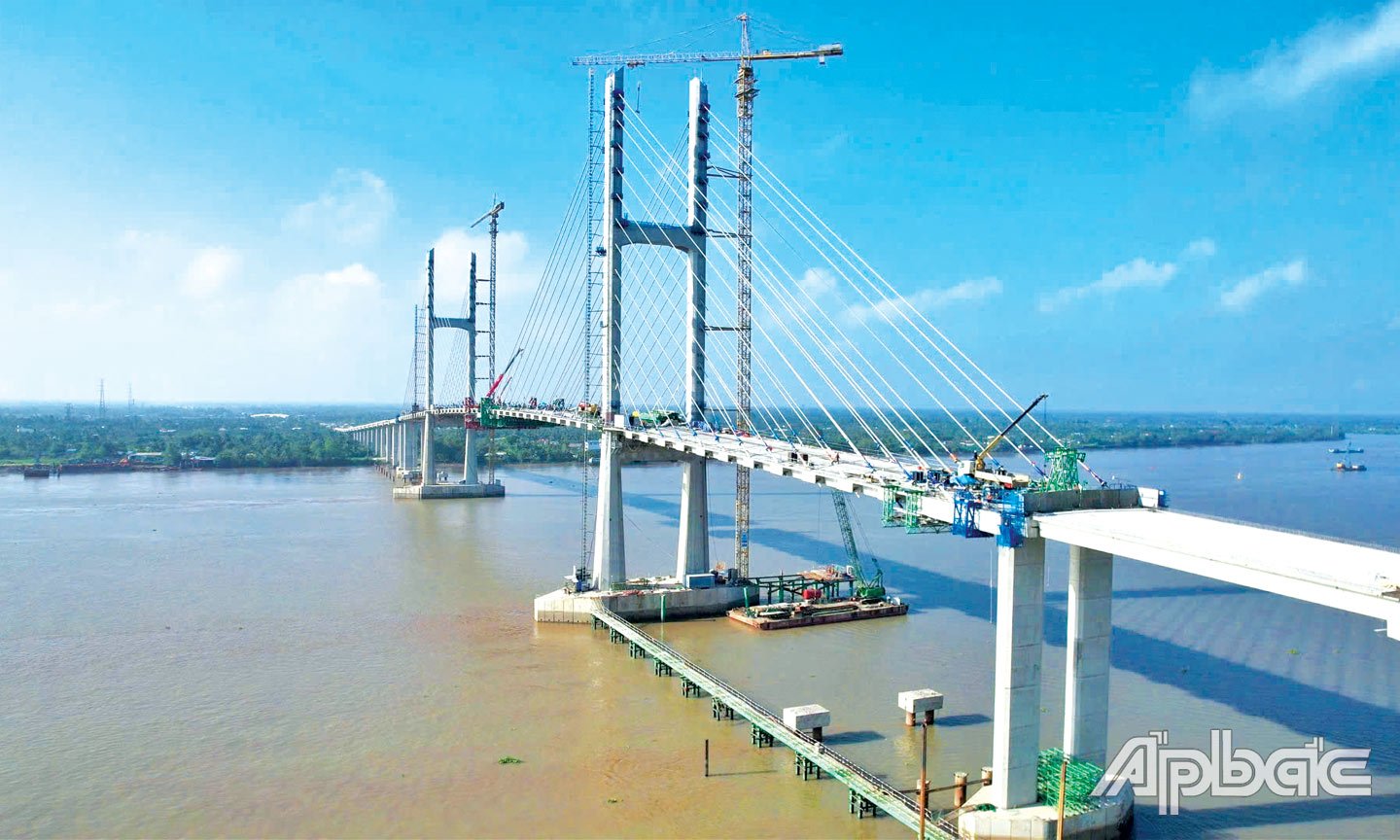
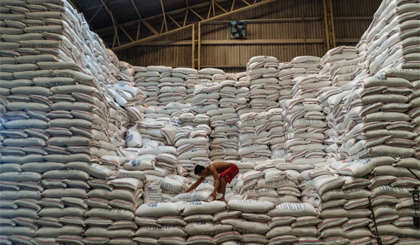
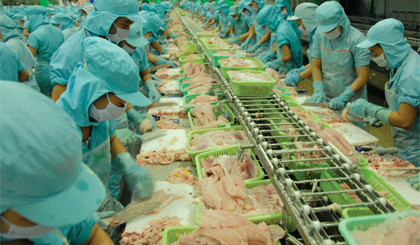

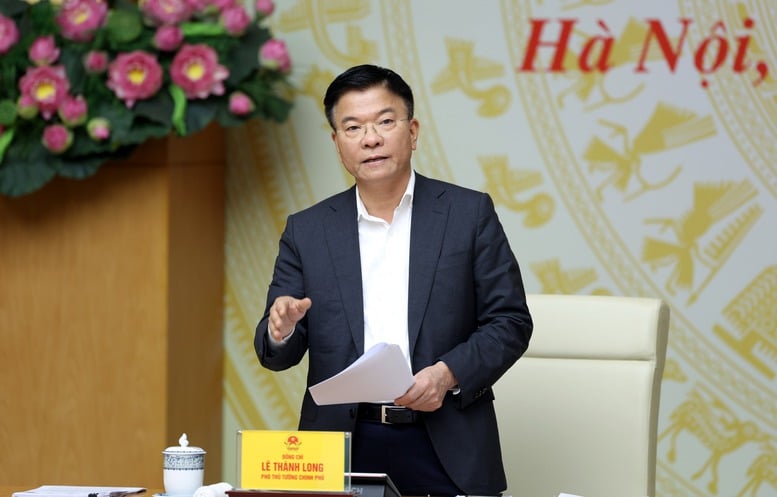



































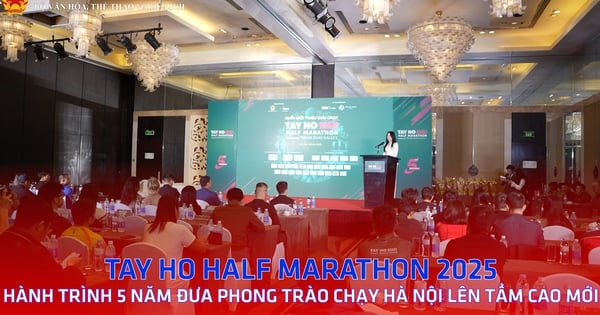







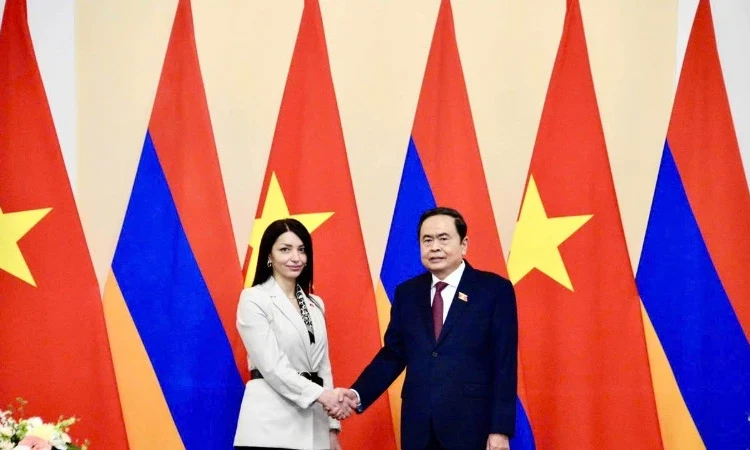
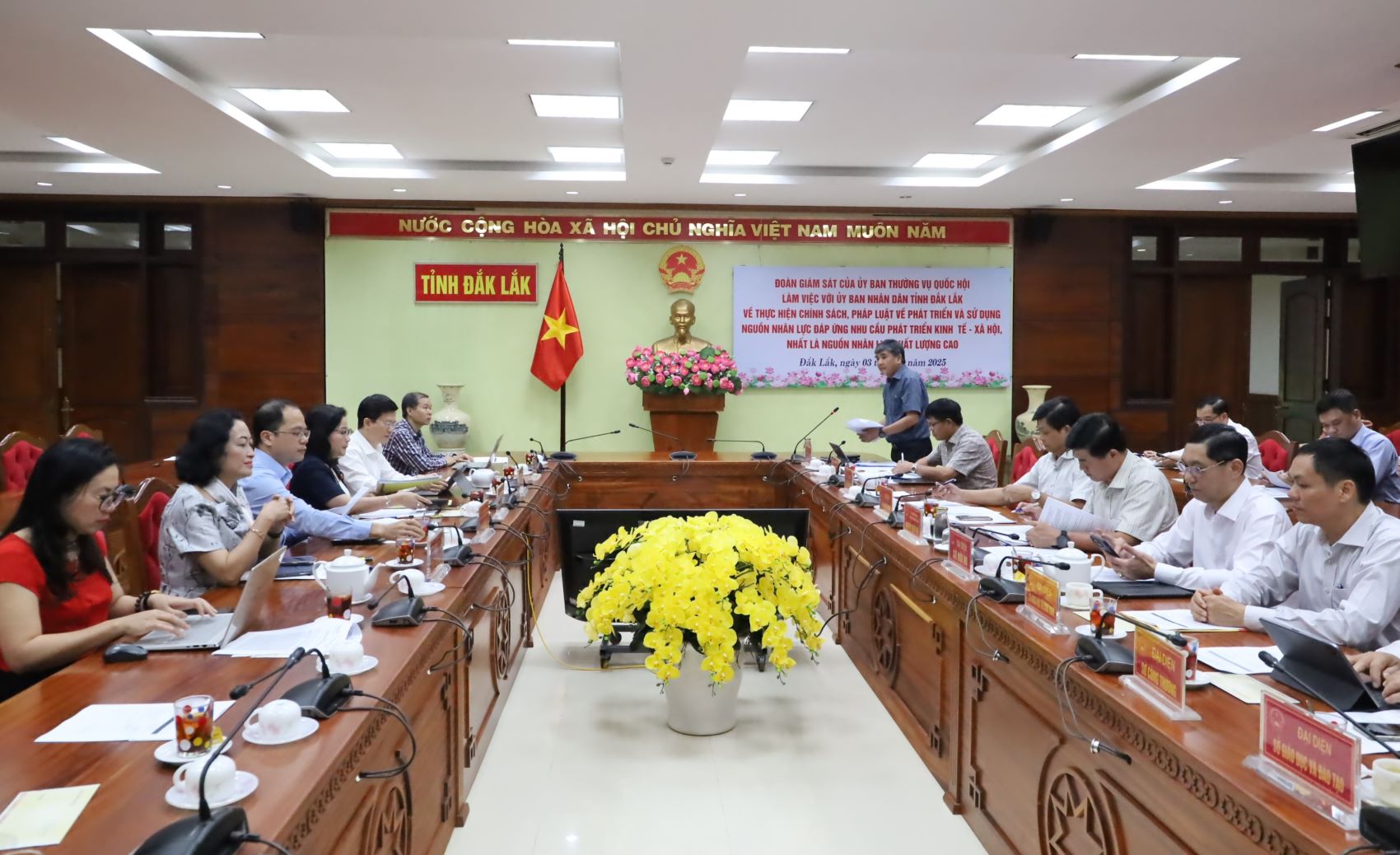
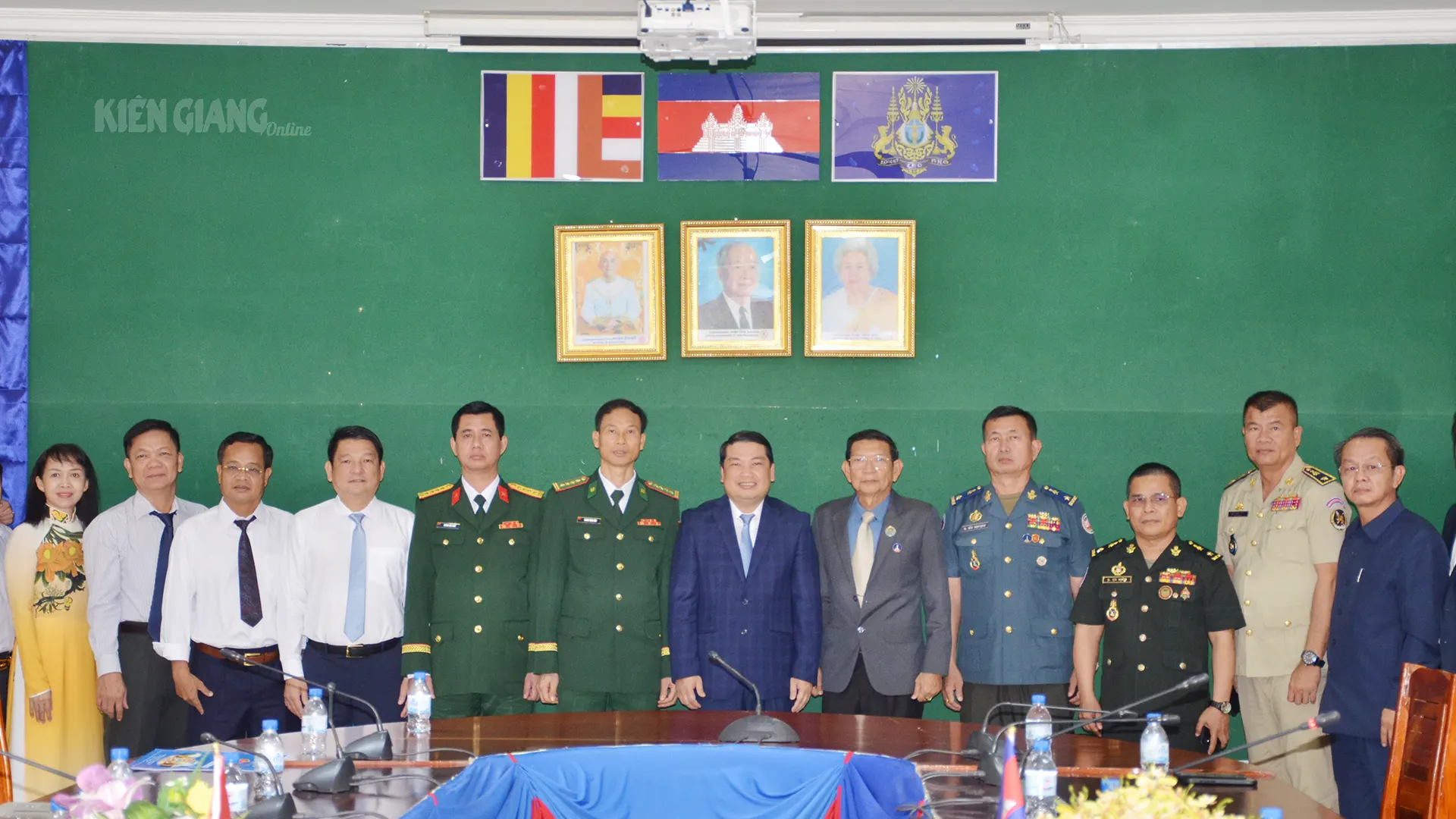
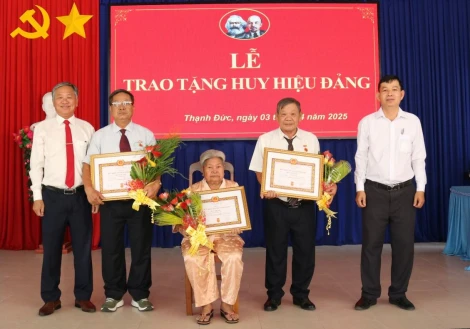
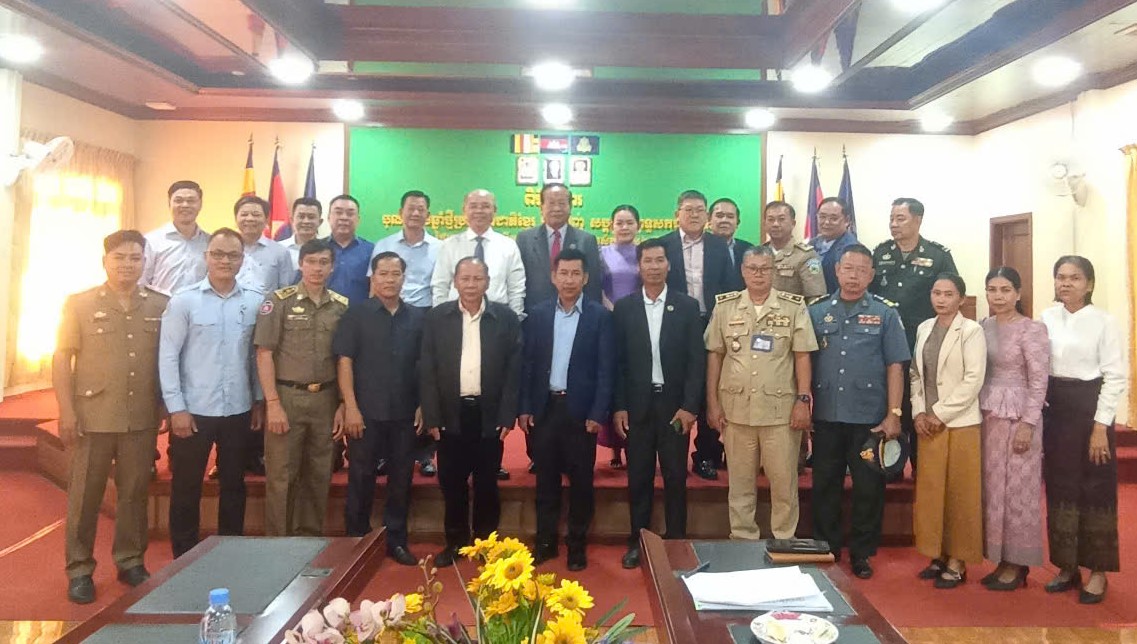
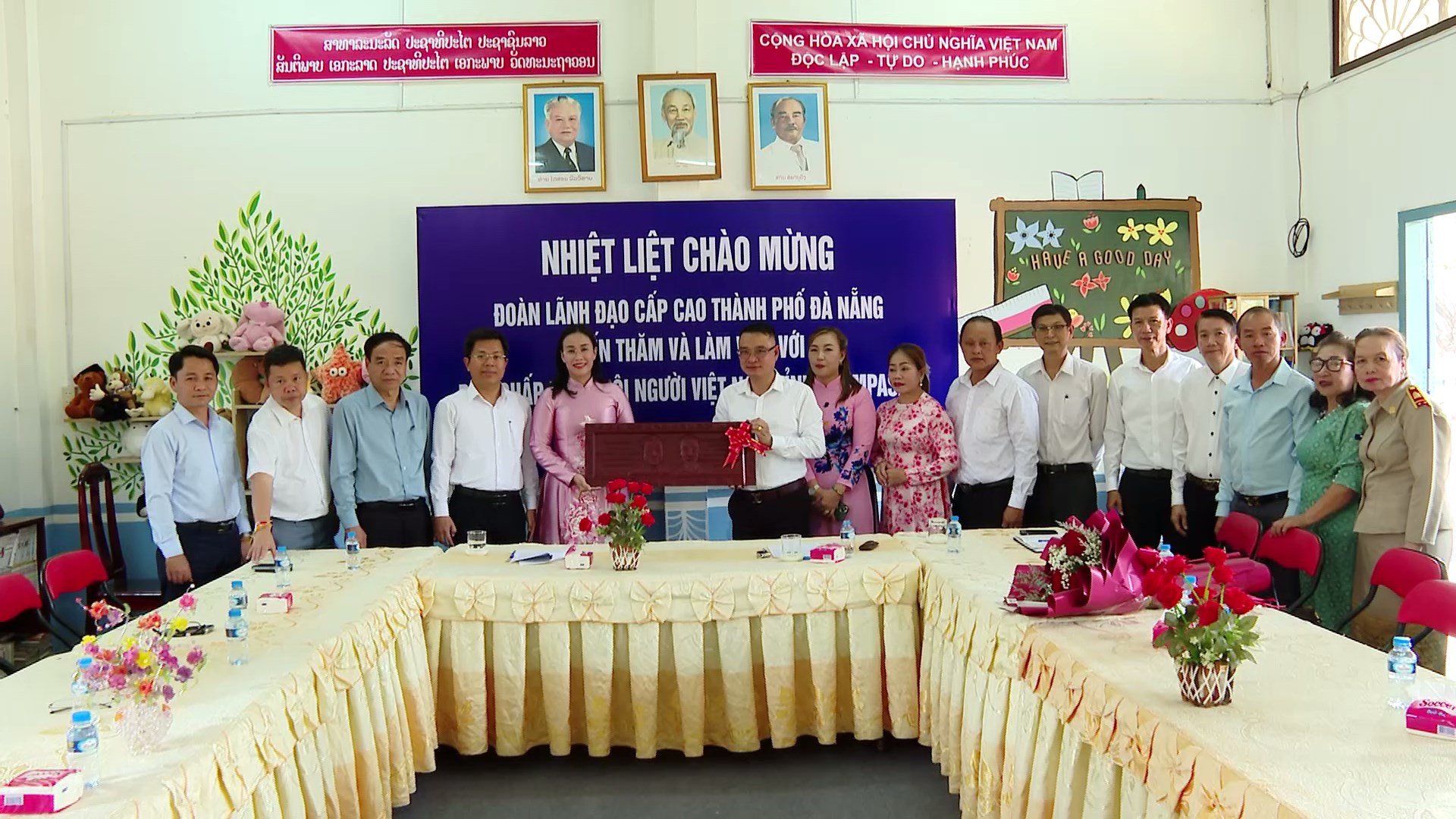












Comment (0)